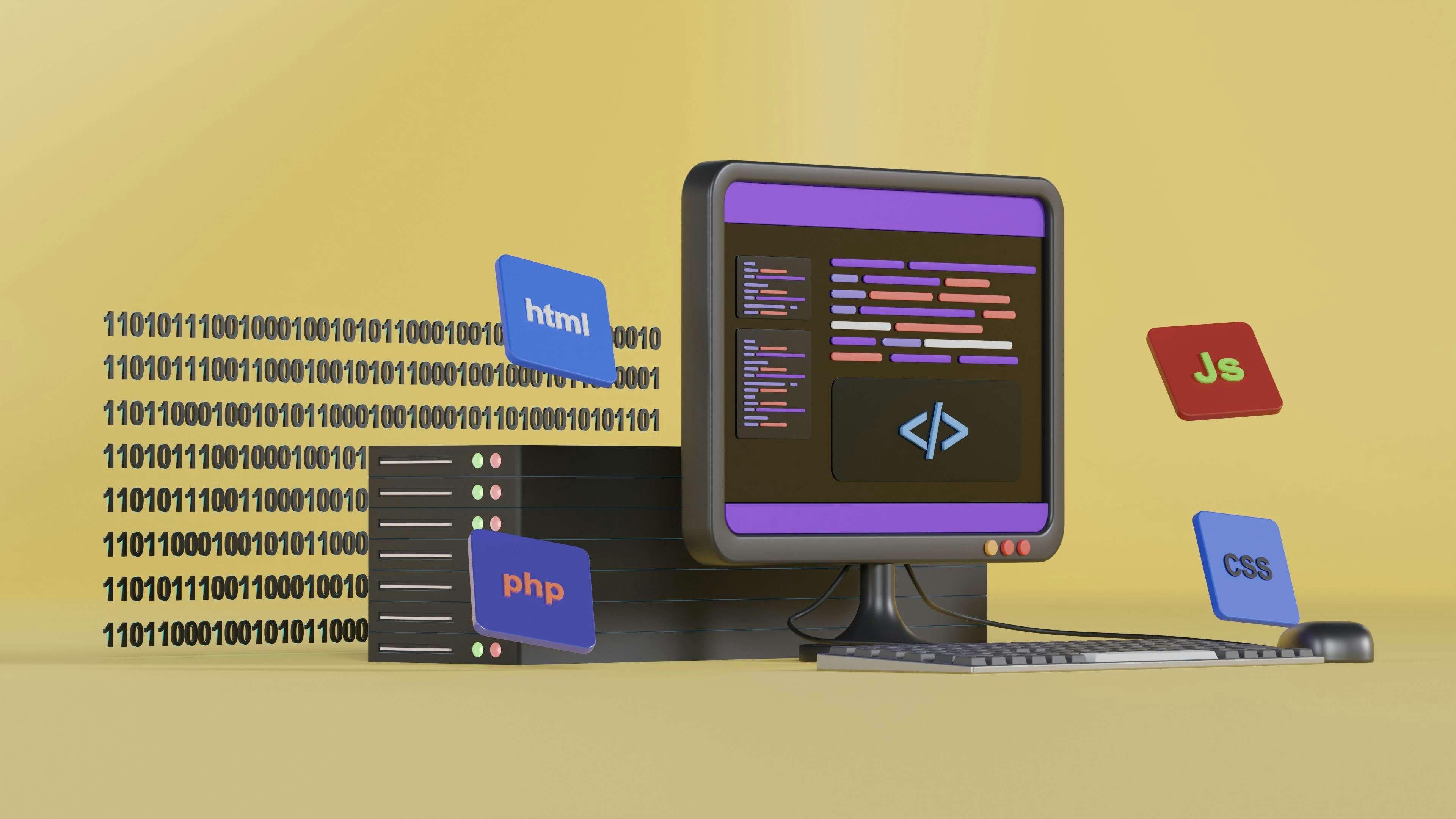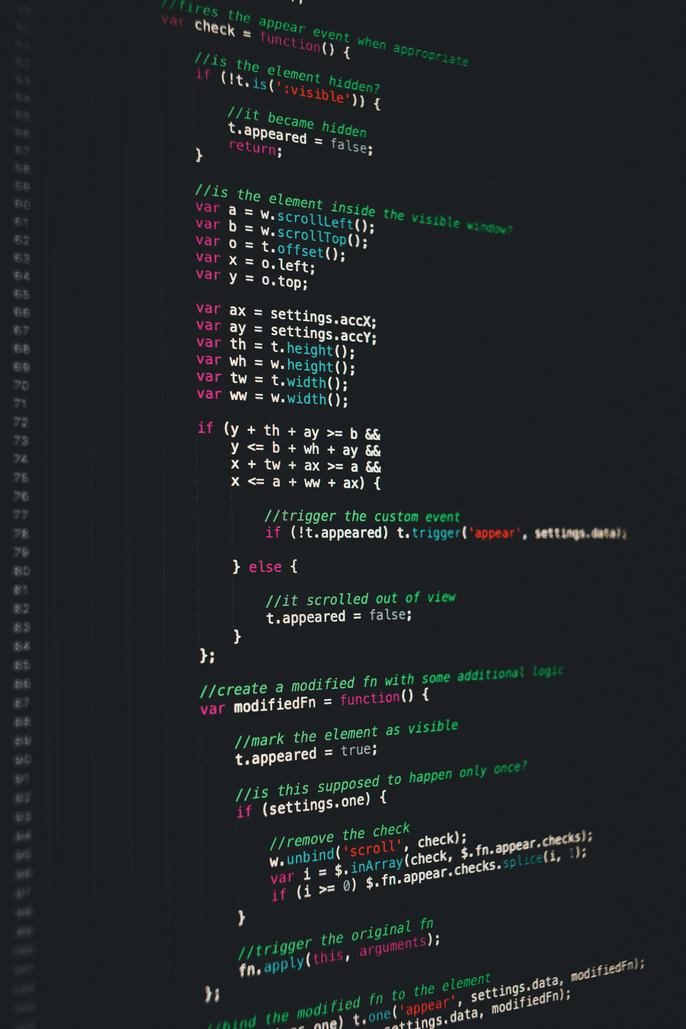
Laravel has emerged as one of the most widely adopted PHP frameworks, not only for small-scale applications but also for large, enterprise-level projects. Its robust features, scalability, and strong ecosystem make it an ideal choice for building high-performance, enterprise software solutions. In this article, we will discuss the critical role that Laravel plays in enterprise software development, highlighting its strengths in scalability, security, and development efficiency.
Efficient Development with Modular Architecture
A major advantage of Laravel in enterprise development is its modular architecture, which follows the MVC (Model-View-Controller) pattern. By separating the application’s logic, user interface, and database interactions, Laravel ensures a streamlined and organized development process. This structure is especially beneficial for large development teams working on complex projects, allowing different parts of the application to be developed independently and more efficiently.
For enterprise applications, where requirements evolve over time, Laravel’s modular design simplifies maintenance and updates. Individual features or modules can be developed, tested, and deployed separately, allowing organizations to maintain continuous development cycles. This modularity supports the scalability of enterprise software as new features can be introduced without disrupting the existing codebase.
Strong Security Features
Security is a crucial concern in enterprise software, where applications handle sensitive data and critical business information. Laravel offers extensive built-in security features, making it one of the most secure PHP frameworks available. From protection against SQL injection and cross-site scripting (XSS) to cross-site request forgery (CSRF) protection, Laravel covers common security vulnerabilities by default.
In addition, Laravel provides support for encryption and hashing to protect sensitive data, such as user passwords, by using secure methods like bcrypt hashing. The framework’s integrated authentication system simplifies the implementation of secure user authentication, which is vital for preventing unauthorized access to the system.
For businesses that require role-based access control, Laravel’s Gate and Policy system offers a powerful mechanism to manage user permissions and roles, ensuring secure access to different parts of the application. These features make Laravel a secure choice for enterprise software development, providing businesses with peace of mind.
Scalability and Performance Optimization
Scalability is a primary concern for enterprise applications, which must handle large volumes of users and data. Laravel’s architecture and built-in tools are well-equipped to support scalable applications. Tools like Laravel Octane boost performance by running the application in long-lived processes, which significantly reduces overhead and improves response times, especially in high-traffic environments.
Laravel supports horizontal scaling, allowing enterprises to distribute traffic across multiple servers, making the application capable of handling growing user demands. Integration with cloud platforms like AWS, Google Cloud, and Microsoft Azure enables Laravel applications to scale dynamically based on traffic loads, ensuring reliable performance during traffic surges.
For data-intensive applications, Laravel’s support for database sharding and read/write separation helps distribute the database load more efficiently. These features allow enterprises to handle large datasets without performance degradation, making Laravel an excellent framework for scaling both vertically and horizontally.
Extensive Ecosystem and Community Support
Laravel’s rich ecosystem is another factor that makes it highly valuable for enterprise software development. The framework offers a variety of first-party tools, such as Laravel Forge for server management, Laravel Vapor for serverless deployment, and Laravel Nova for building powerful admin panels. These tools streamline the development process, reduce manual efforts, and accelerate deployment times—key factors in enterprise environments where time to market is critical.
Beyond its first-party tools, Laravel benefits from an extensive community that continuously contributes to its ecosystem. Thousands of open-source packages are available, allowing developers to integrate ready-made solutions for features such as payment processing, data analytics, and API integrations. This robust ecosystem reduces development time and effort, allowing teams to focus on building unique features rather than reinventing the wheel.
Long-Term Support (LTS) for Enterprise Stability
Laravel offers Long-Term Support (LTS) versions, which provide extended periods of bug fixes and security updates, making it an ideal choice for businesses that require long-term stability and support. LTS versions receive bug fixes for two years and security updates for three years, ensuring that enterprise applications remain secure and reliable over time.
For enterprises that prioritize stability and minimal disruption, using Laravel’s LTS versions allows them to plan long-term maintenance while avoiding frequent and potentially disruptive upgrades.
Seamless Integration with Enterprise Systems
Enterprise applications often need to integrate with a variety of systems, including CRM, ERP, and third-party APIs. Laravel makes this integration process seamless with its robust support for RESTful APIs, GraphQL, SOAP, and other protocols. The framework’s built-in tools allow for efficient handling of HTTP requests and API routing, making it easy to connect with external systems and services.
This flexibility enables Laravel to work effectively with legacy systems and modern cloud services, making it an ideal framework for enterprises looking to build complex applications that interact with multiple data sources and business systems.
Developer Productivity and Collaboration
Enterprise development projects typically involve large teams of developers, and Laravel is designed to enhance collaboration and productivity. Features like Artisan CLI automate common development tasks, while Laravel Mix simplifies the compilation of frontend assets. These tools allow developers to focus on writing quality code rather than repetitive tasks.
Moreover, Laravel adheres to industry best practices such as PSR-4 autoloading standards and SOLID principles, ensuring that the code remains clean, maintainable, and scalable. This is particularly important in enterprise environments, where multiple developers work on the same codebase.
Conclusion: Laravel’s Strength in Enterprise Software Development
Laravel has solidified its place as a powerful and reliable framework for enterprise software development. Its modular architecture, security features, scalability options, and extensive ecosystem make it an excellent choice for building robust, high-performance applications. Whether you’re developing a complex internal system or a large-scale web application, Laravel offers the flexibility and power necessary to meet the challenges of modern enterprise environments.
By leveraging Laravel’s advanced tools, scalability features, and long-term support, businesses can ensure that their applications are well-equipped to handle the demands of today’s dynamic and competitive landscape.



